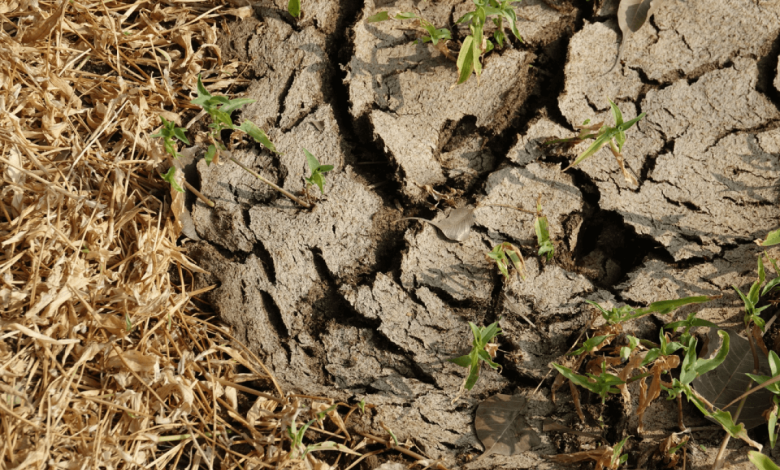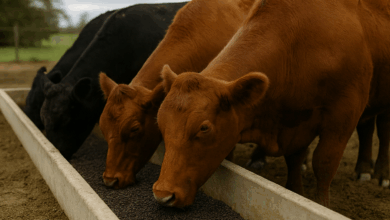Biochar's Role in Combating Soil Erosion: Enhancing Soil Stability and Preventing Degradation
Investigating how biochar applications can prevent soil degradation by improving soil structure, reducing runoff, and enhancing vegetation growth.

Soil erosion poses a significant threat to agricultural productivity and environmental sustainability worldwide. Recent studies have highlighted biochar—a carbon-rich product derived from organic biomass—as a promising soil amendment to mitigate soil erosion and enhance soil health.
Impact of Biochar on Soil Erosion
Research indicates that biochar application can substantially reduce soil erosion. A systematic review and meta-analysis revealed that biochar application to soil significantly reduced runoff by 25% and erosion by 16%. The mitigation of soil erosion was approximately three times stronger in tropical regions (30%) compared to temperate zones (9%), suggesting that biochar is particularly effective in erosion-prone areas.
Mechanisms of Erosion Reduction
The effectiveness of biochar in reducing soil erosion can be attributed to several key mechanisms:
- Improvement of Soil Physical Properties Biochar enhances soil structure by increasing porosity and aggregate stability, which in turn improves water infiltration and reduces surface runoff. This structural enhancement makes the soil more resistant to erosive forces.
- Enhanced Vegetation Growth By improving soil fertility and moisture retention, biochar promotes robust vegetation growth. Healthy plant cover protects the soil surface from direct impact of raindrops and wind, thereby reducing the likelihood of erosion.
- Increased Soil Hydraulic Conductivity Biochar application increases the soil’s ability to conduct water, reducing surface runoff and the associated soil loss. This improvement in hydraulic properties contributes to the overall stability of the soil.
Optimal Application Rates
The effectiveness of biochar in mitigating soil erosion is influenced by the application rate. Studies have found that biochar is effective for soil erosion mitigation at contents between 0.6% and 2.5% by weight. Application rates within this range have been associated with significant reductions in soil loss and runoff.
Case Studies and Practical Applications
Practical applications of biochar have demonstrated its potential in real-world scenarios:
- Mudstone Soil Rehabilitation In regions with mudstone soils, biochar application effectively reduced soil losses by at least 60%. This substantial reduction highlights biochar’s potential in rehabilitating highly erodible soils.
- Stormwater Management Incorporating biochar into stormwater management practices has shown promise in reducing water erosion. By enhancing soil infiltration and stability, biochar helps in managing runoff and preventing soil degradation in urban environments.
Conclusion
Biochar presents a viable and sustainable solution to combat soil erosion. Its ability to improve soil structure, enhance vegetation growth, and increase hydraulic conductivity makes it an effective soil amendment for erosion control. Adopting biochar-based strategies can lead to healthier soils, improved agricultural productivity, and environmental conservation.
Sources:
- Biochar impacts on runoff and soil erosion by water: A systematic review and meta-analysis
- Mitigating Soil Erosion through Biomass-Derived Biochar
- Contrasted effects of biochar application on interrill erosion under different rainfall intensities
- Effects of Biochar Application on Vegetation Growth, Cover, and Erosion under Simulated Rainfall
- Biochar and applications of biochar in stormwater management



